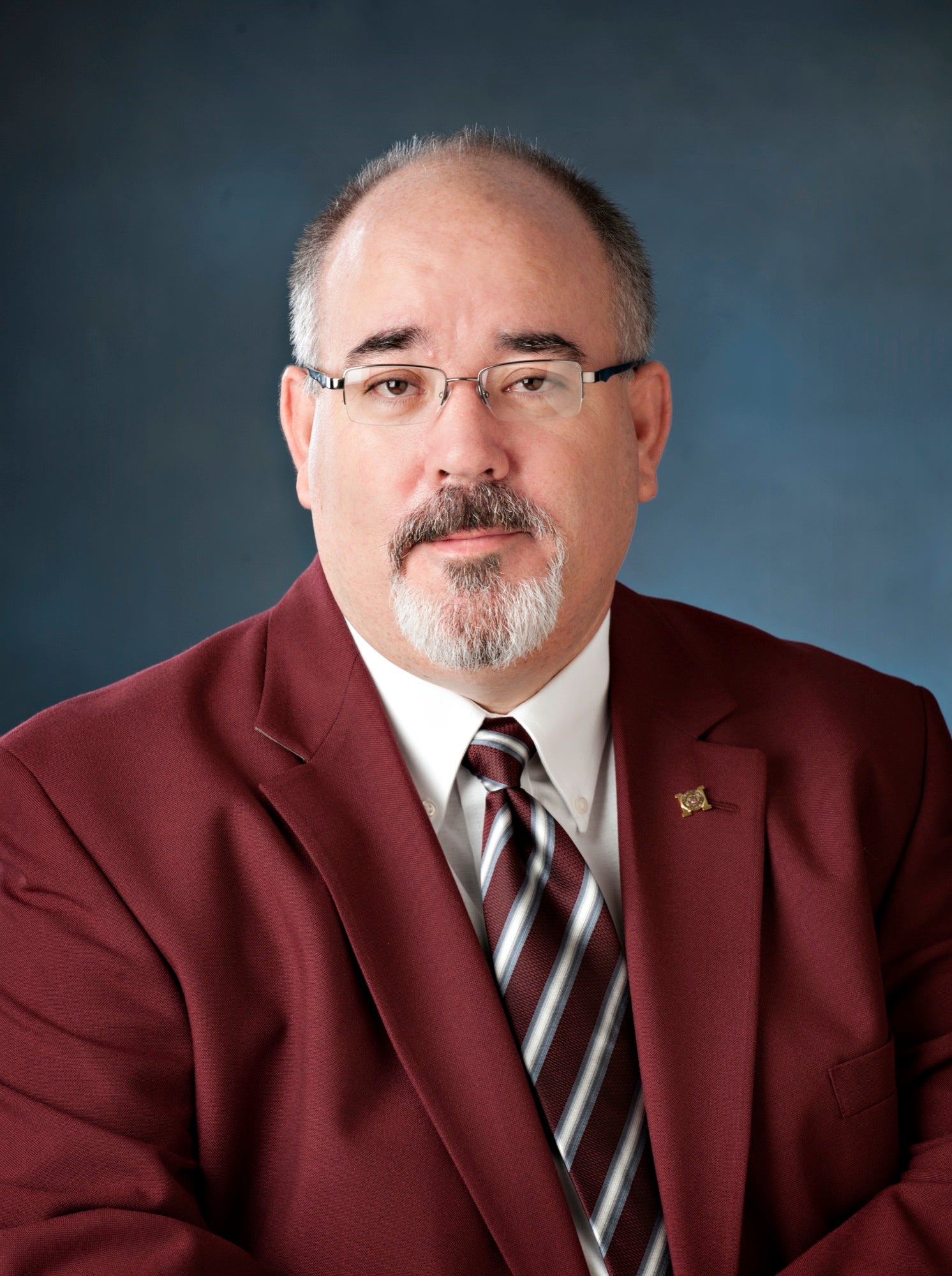HB 1523 blame game solves nothing
Published 12:00 pm Monday, July 4, 2016

- Sid Salter
The actual judicial decision written by U.S. District Carlton Reeves in striking down Mississippi’s House Bill 1523 was eloquent, persuasive, and powerful – and at the same time, the ruling itself was entirely predictable and in keeping with the prevailing federal judicial winds.
The ruling is written in such a way as to withstand the scrutiny of the 5th U.S. Circuit Court of Appeals and the U.S. Supreme Court. In many ways, Reeves’ argument is a roadmap for appellate judges to find the path Mississippi lawmakers took to craft a state law that worked around the realities of the prior Supreme Court ruling legalizing gay marriage in the landmark 2015 Obergefell v. Hodges decision.
Clearly, the Supreme Court ruled in a 5-4 decision in the Obergefell case that same-sex couples have a constitutional right to marry that is guaranteed by both the Due Process Clause and Equal Protection Clause of the 14th Amendment. That decision made same-sex marriage just as legal in Mississippi as it made it in Vermont or California.
More to the point, the Obergefell decision created an impassable legal roadblock for Mississippians seeking to block or bypass the federal constitutional right to same-sex marriage by denying marriage licenses to same-sex couples. Reeves reiterated that legal reality in his decision enjoining the new law.
So the majority of the Mississippi Legislature enacted HB 1523 and the federal courts have struck it down. The appellate process may or may not continue, but let’s assume for the sake of argument that it will.
A reasonable reading of the judicial tea leaves would suggest that Reeves has written a decision that is pretty safe from judicial review – particularly at the level of the Supreme Court. The 5th U.S. Circuit Court of Appeals is conservative, yes, but recent high court decisions make the probability of appellate relief for the Legislature highly unlikely.
Admittedly, I’m not a fan of HB 1523 and I believe Judge Reeves’ decision was the right one. As I’ve observed before in print, this law always struck me as a solution in search of a problem that was bad public policy and simply unnecessary. The law seemed to me far more rooted in political party primary politics than in anything else.
In the wake of the federal court decision striking down HB 1523, what next? The Reeves decision is no magic wand that immediately retires either the political or legal components of the issue – to say nothing of the religious components.
People of faith with the “deeply-held religious beliefs” regarding what they consider the sanctity of marriage and strong ideas about the definition of marriage aren’t going anywhere – nor are their state and national advocates and the organizations that sponsor them.
The Human Rights Campaign and other proponents of LGBTQ rights are likewise in this fight for the long haul. They, too, have strong organizational roots.
Depending on the side of the philosophical fence one comes down on, the post-decision landscape has either been one that is at best celebratory and at worst a political victory lap or it has been one of finger-pointing, the blame game, and varying degrees of political threats and saber rattling. None of that is particularly productive as the state tries to move forward from this juncture.
Social media has in many ways been a disservice to this debate. Because of the penchant many have on social media for angry, irrational rants, the real issues in HB 1523 often were lost in the heated political shuffle. This debate was always, always about the Due Process Clause and Equal Protection Clause of the 14th Amendment.
This debate was always about real discrimination and real harm as opposed to the fear of potential discrimination or harm. This debate was always about the dual concepts of freedom of religion, which must leave the constitutional door open for freedom from religion as well for those Americans who choose that path.
What this debate wasn’t – and shouldn’t have been – was an angry, irrational social media rant from either side, which unfortunately has defined too much of the long discussion of HB 1523 in our state.
Sid salter is a syndicated columnist. Contact him at sidsalter@sidsalter.com.





